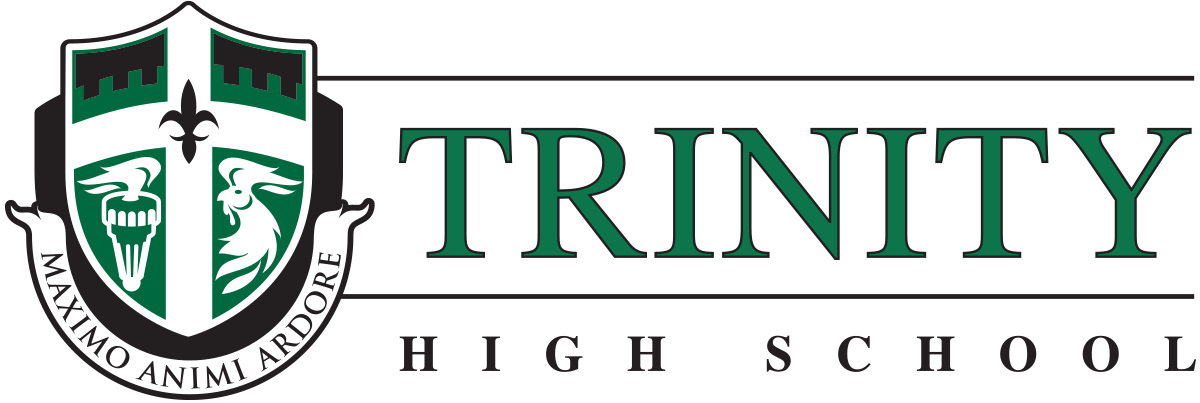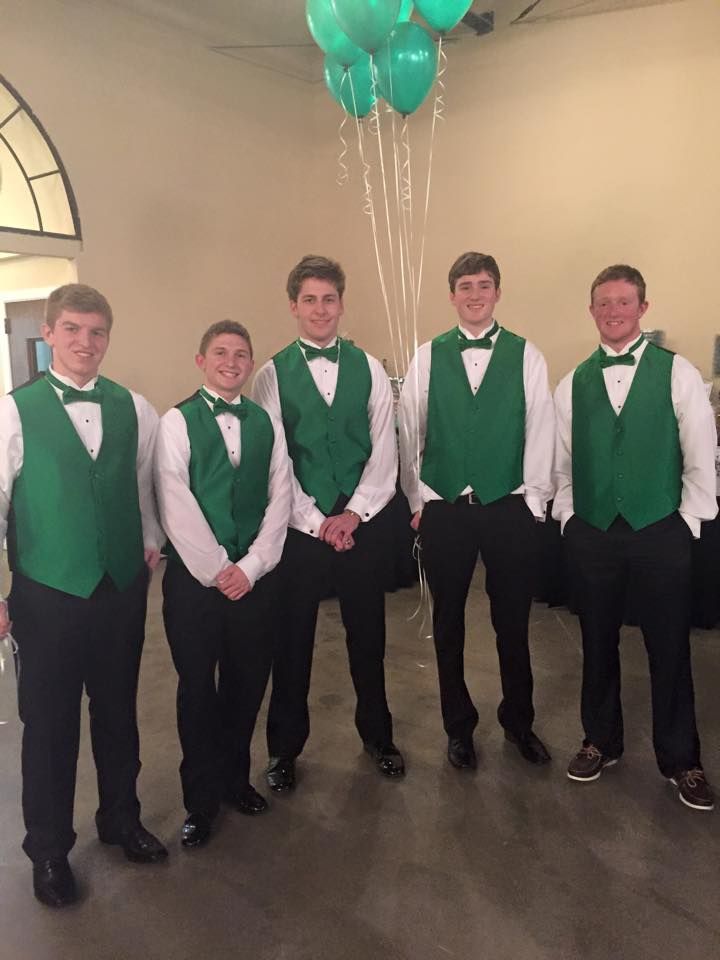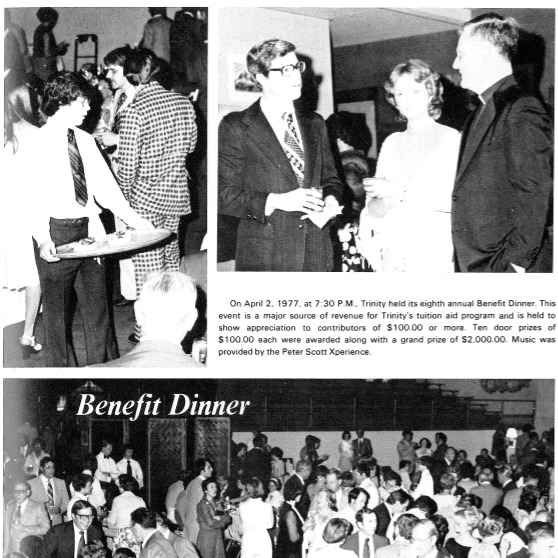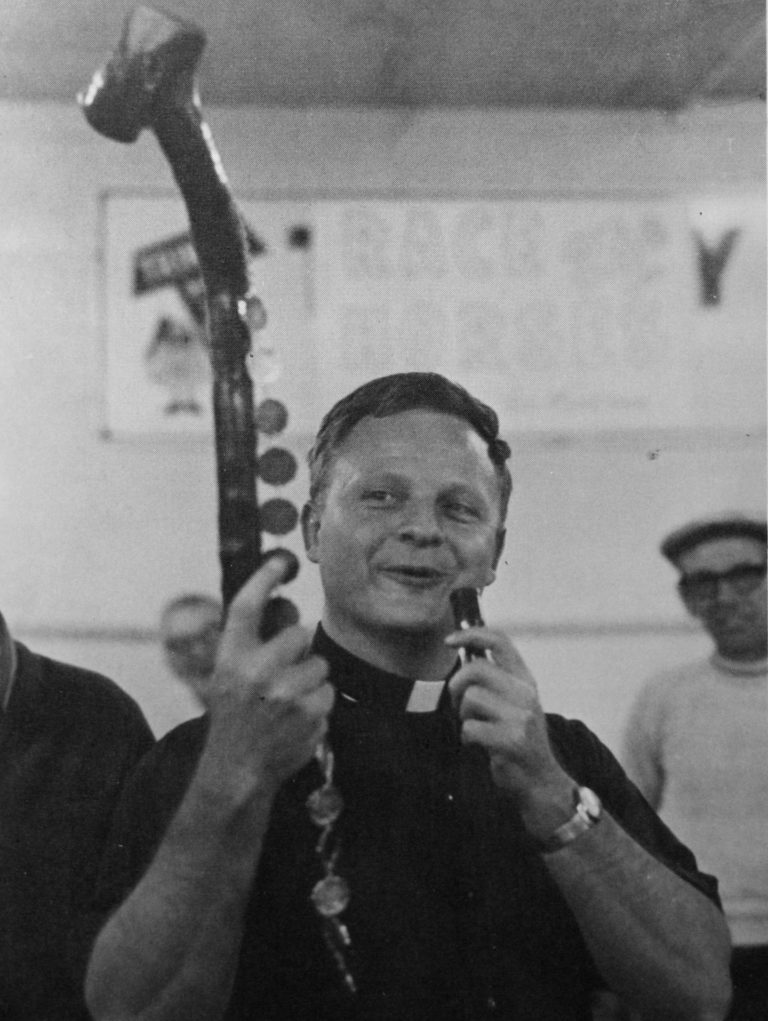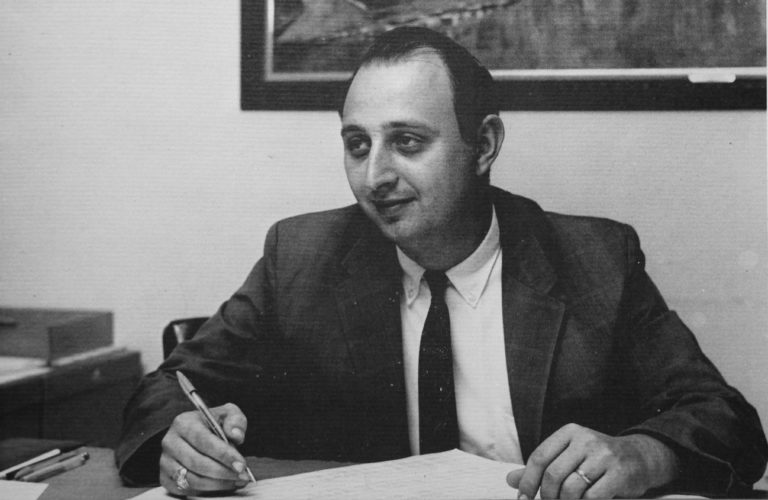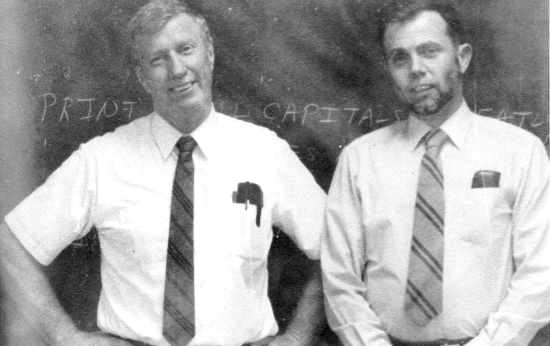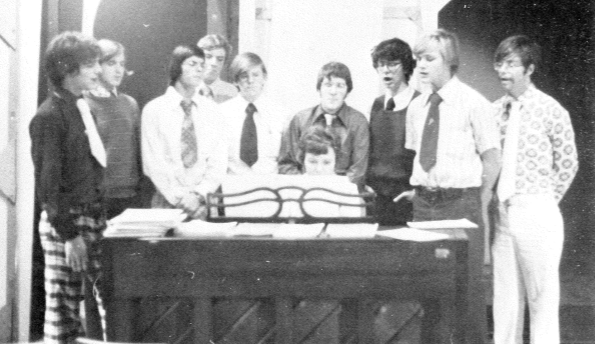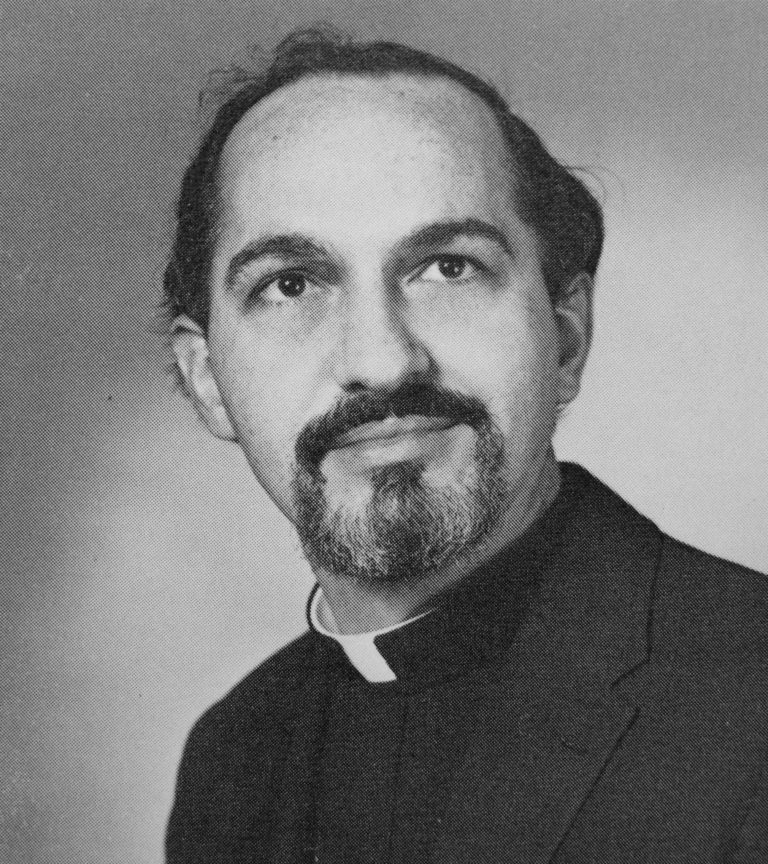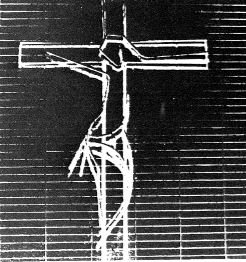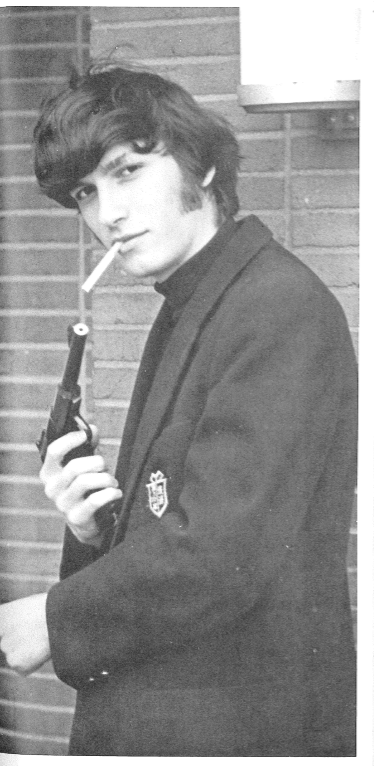Stabilizing years (1970-79)
Mar 21, 2019 | General
Finances were always paramount as the school was primarily tuition-driven. Expenses were rising as more lay teachers were hired to meet the growing enrollment and no priests were being assigned by the Archdiocese to teach. It was obvious something needed to be done.
Two other issues in the early to mid-1970s also impacted Trinity financially – the closing of Flaget High School and court-ordered busing for the Jefferson Country Public School System.
Flaget High School, located near Shawnee Park in West Louisville, was faced with a declining student body in the 1960s due to many leaving that area of the city for new homes in the East End, particularly the Hikes Point area. During the 1973-74 school year, the Archdiocese decided that Flaget would not reopen the following year. Each Catholic high school sent representatives to Flaget in the spring of 1974 to talk with students and their parents about continuing their Catholic education in their school. Trinity turned out to be a big winner as 44 former Flaget students enrolled in 1974, mainly due to the fact that there was a direct bus line that dropped students from the West End to Trinity’s front door on Shelbyville Road. Also, Trinity hired four Flaget teachers for the 1974-75 school year. Two of those were Xavieran Brothers – Brother Robert Arrowsmith and Brother Charles Cully – and two were lay teachers Mike Hamilton H’96 and Jim Frame, each of whom would have an impact on Trinity. Many of the incoming Flaget students were African-Americans, which added much needed diversity to the student body.
Hamilton noted that “it was an exciting time because the young students in the East End didn’t realize how people lived elsewhere. I look back and think, well, maybe we helped break down some stereotypes.”
Court-ordered busing began in 1975 after the old City and County School Systems merged. Students whose last names began with the letters A, B, F and Q were to be bused to Central High School. Many public school parents began calling Trinity asking for a place since their son was on the list to be bused. Fr. Duerr sent out notices that Trinity would not accept students who were to be bused, but public outcry from parents who wanted out of the system forced the Archdiocese to set guidelines for admission. As a result, many Catholic elementary and high schools were finding applications coming from public school families, and thus strict enforcement of Archdiocesan guidelines was established. Within a few years, Trinity and other Catholic schools had a waiting list for admission.
Even though the school population became very stable in the 1970s, the faculty started to change in a very dramatic way.
A difficult reality that Fr. Duerr faced was the increasingly high number of religious faculty leaving the priesthood. Two who really affected him personally were Tom Allen and Paul Davin. Allen had been his protégée in biology and Davin had been a long-time leader of The Echo and The Shamrock, the student yearbook. Both were very popular with students. Others who left during those last days of the Vietnam War era were Bill Gorman, Richard and John Grenough, and Tony Heitzman. To replace them, Trinity had to hire additional lay teachers.
